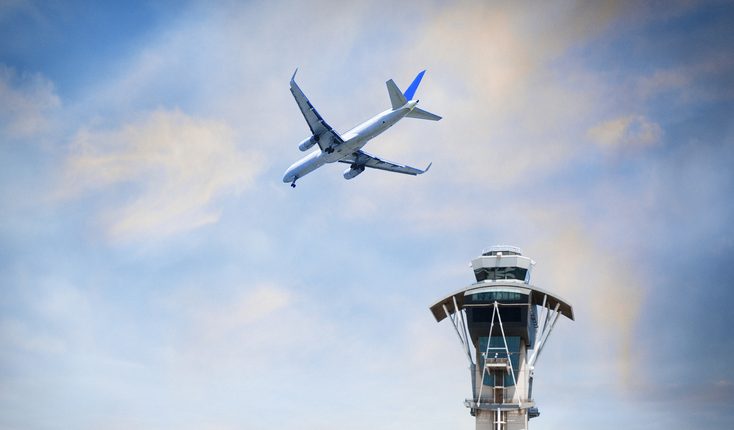Share this @internewscast.com

() Airline officials Wednesday penned an open letter to Congress in which they wrote that the U.S.’ “wildly outdated” air traffic control system is “failing Americans.”
The letter comes in the wake of a Federal Aviation Administration interim order that cuts back on the number of flights into and out of New Jersey’s Newark Liberty International Airport. The move stems from staffing and equipment issues that have caused mass delays at the airport.
Air traffic controller shortages and equipment failures, which have plagued the industry in recent years, are two of the issues cited in Wednesday’s letter by the CEOs of American Airlines, Delta Air Lines, United Airlines, Southwest Airlines, JetBlue, Alaska Airlines, Hawaiian Airlines and Atlas Air, along with leaders at FedEx and UPS.
“Air traffic controllers should not be operating with corroded copper wiring, floppy disks and physical strips of paper with flight numbers,” reads the letter, which was posted on the Airlines for America website.
The letter points out that the FAA’s own Safety Review Team found in 2023 that a national air controller shortage and inefficient operations are “eroding the margins of safety.” While air travel remains the safest mode of transportation, the CEOs argue that it must remain that way.
To ensure the status quo, “serious upgrades need to happen now,” they wrote.
Airline officials’ stance mirrors that of acting FAA Administrator Chris Rocheleau.
“Commercial airline travel remains the safest form of transportation in world history,” Rocheleau said in a statement. “But the last three months drove home that we need to do more, we need to be better, and we need to do it together.”
Transportation Secretary Sean Duffy announced a plan earlier this month for the federal government to make comprehensive investments in the U.S. national airspace. The CEOs’ letter urges Congress to do the same by providing the resources to “turn the plan into reality.”
According to the document, 92% of the FAA’s facilities and equipment budget currently goes toward maintaining the outdated technology. A new system would be more cost-effective in the long run.
“As the Secretary himself has said, it’s like continuing to pour money into an old clunker of a car at some point, it makes more financial sense to buy a new car,” the letter states. “We’re past that point.”
A new system would also help solve the staffing shortage, the airline officials argue.
“Improving technology is critical to recruiting the air traffic controllers of the future,” the letter states. “Our controllers are doing an amazing job under stressful working conditions. They do not need the added stress of potential technology failures.”
Congress is currently hashing out details of the budget for the new fiscal year. The House Budget Committee’s version of the bill includes just over $12 billion for the FAA technology upgrade.
The CEOs described the allocation as “a solid down payment that will help keep air travel safe and efficient for Americans who fly and ship goods every day.”










